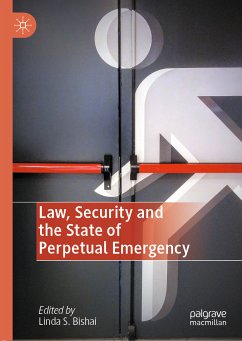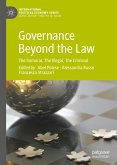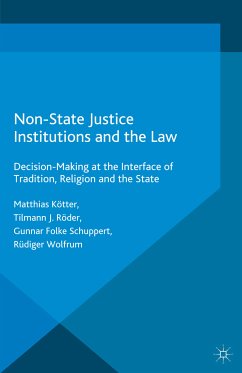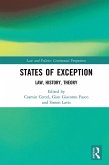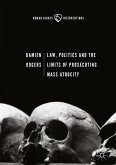Presenting diverse contributors from legal, academic, and practitioner sectors, this book illustrates how the distinctions between international and domestic law are falling away in the context of security, particularly in the responses to terrorism, and explores the implications of these dramatic shifts in the normative order. Fundamental changes in the powers of the state and the rights of populations have accelerated since the globalized response to 9/11, creating effects that spread beyond borders and operate in a new, as yet under-conceptualized space. Although these altered practices were said to be in response to exceptional circumstances - a response to terrorism - they have become increasingly established in an altered baseline norm. This book explores the (inter)national implications of exceptional legal efforts to protect states' domestic space in the realm of security.
Linda Bishai teaches international law and the use of force as an Adjunct Professor at the George Washington University, USA. In addition to research on international law issues, she has focused on countering violent extremism and security sector reform.
Dieser Download kann aus rechtlichen Gründen nur mit Rechnungsadresse in A, B, BG, CY, CZ, D, DK, EW, E, FIN, F, GR, HR, H, IRL, I, LT, L, LR, M, NL, PL, P, R, S, SLO, SK ausgeliefert werden.

